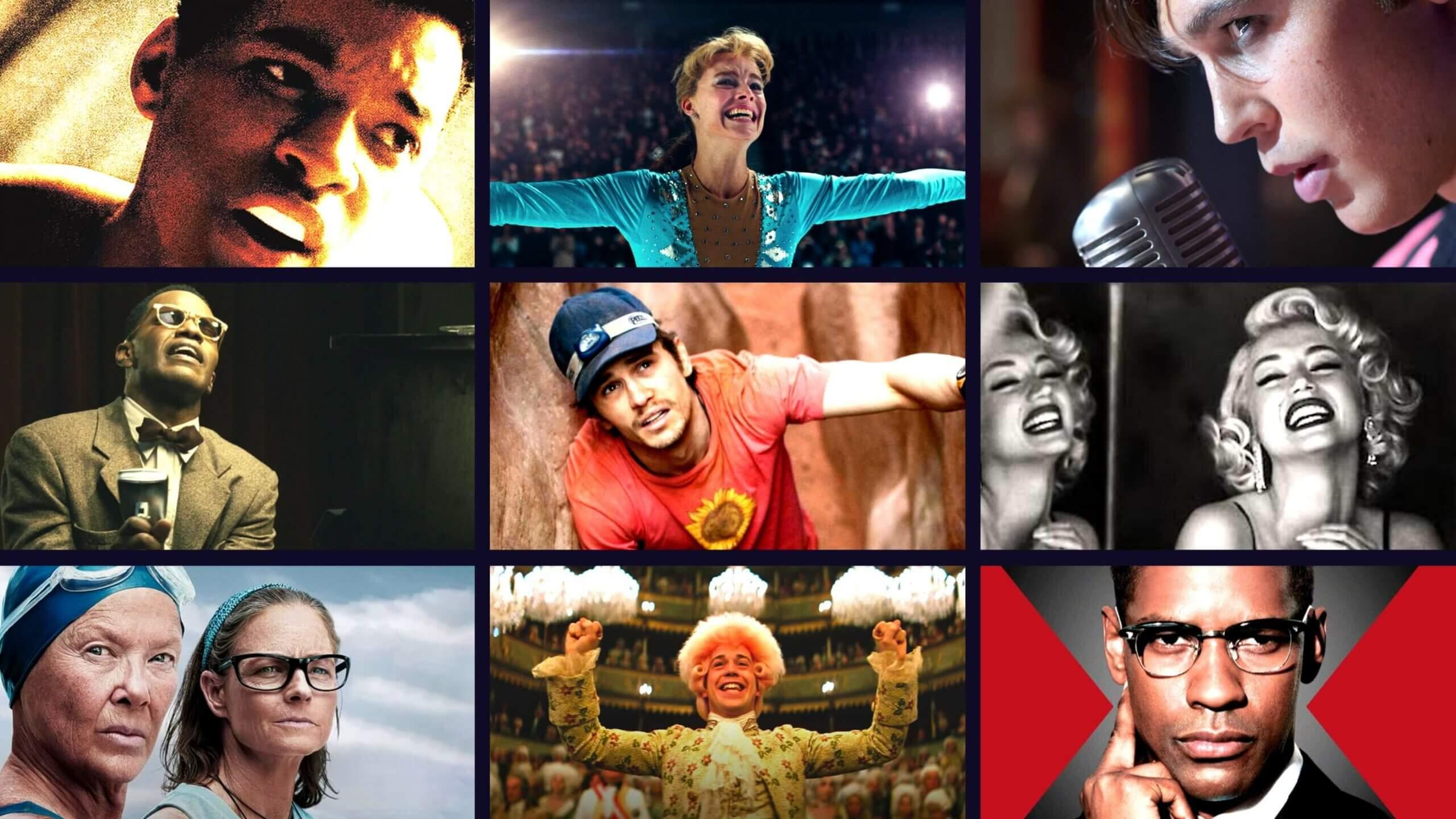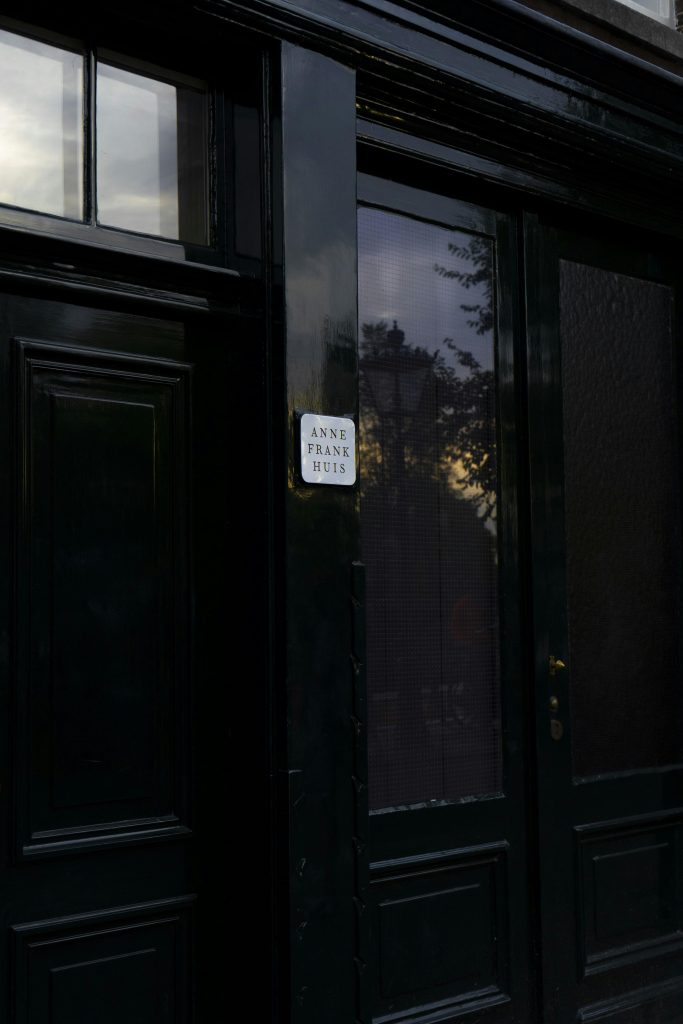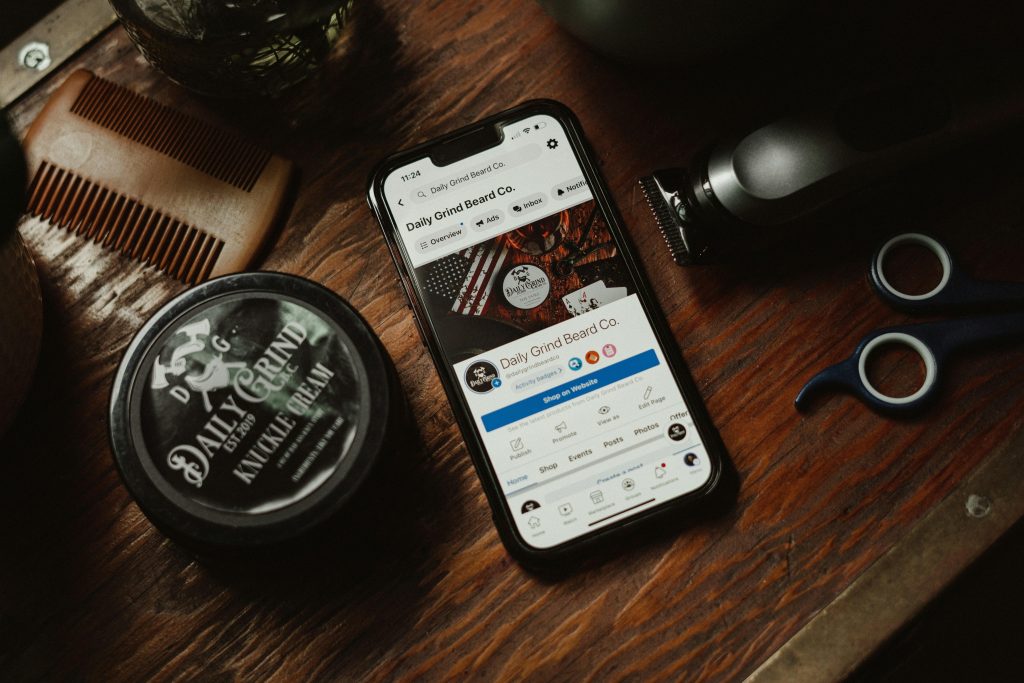In the dimly lit theater, as the credits roll and the audience shuffles out, a lingering question often remains: how much of what we just witnessed was true? Biopics, those cinematic bridges between reality and storytelling, have long been celebrated for bringing the lives of extraordinary individuals to the silver screen. Yet, they walk a fine line between fact and fiction, a tightrope where creative liberties can either enhance the narrative or distort the truth. As filmmakers grapple with the delicate balance of honoring real-life stories while crafting compelling narratives, the question arises: should biopics take more liberties with the truth to serve the art, or must they remain steadfastly loyal to the facts? This article delves into the heart of this debate, exploring the implications, responsibilities, and artistic freedoms that come with retelling real-life stories.
Examining the Balance Between Fact and Fiction in Biopics
In the world of biopics, filmmakers often face the intricate challenge of weaving together the threads of historical accuracy and compelling storytelling. On one hand, adhering strictly to the facts can sometimes lead to a narrative that feels rigid or uninspired. On the other, taking too many creative liberties might distort the essence of the true events or individuals being portrayed. The balance between fact and fiction becomes a delicate dance, one that can determine the success or failure of a film.
- Authenticity vs. Engagement: While some audiences value the educational aspect of biopics, others prioritize entertainment and emotional engagement.
- Artistic Interpretation: Directors and writers often infuse personal interpretation to highlight themes or messages that resonate with contemporary viewers.
- Cultural Impact: The portrayal of historical figures can influence public perception and understanding, raising questions about the ethical responsibilities of filmmakers.
Ultimately, the decision of how much creative freedom to employ is a subjective one, often reflecting the vision of the filmmakers and the expectations of their audience. Finding that sweet spot where truth and creativity coexist can transform a biopic from a mere retelling into an unforgettable cinematic experience.
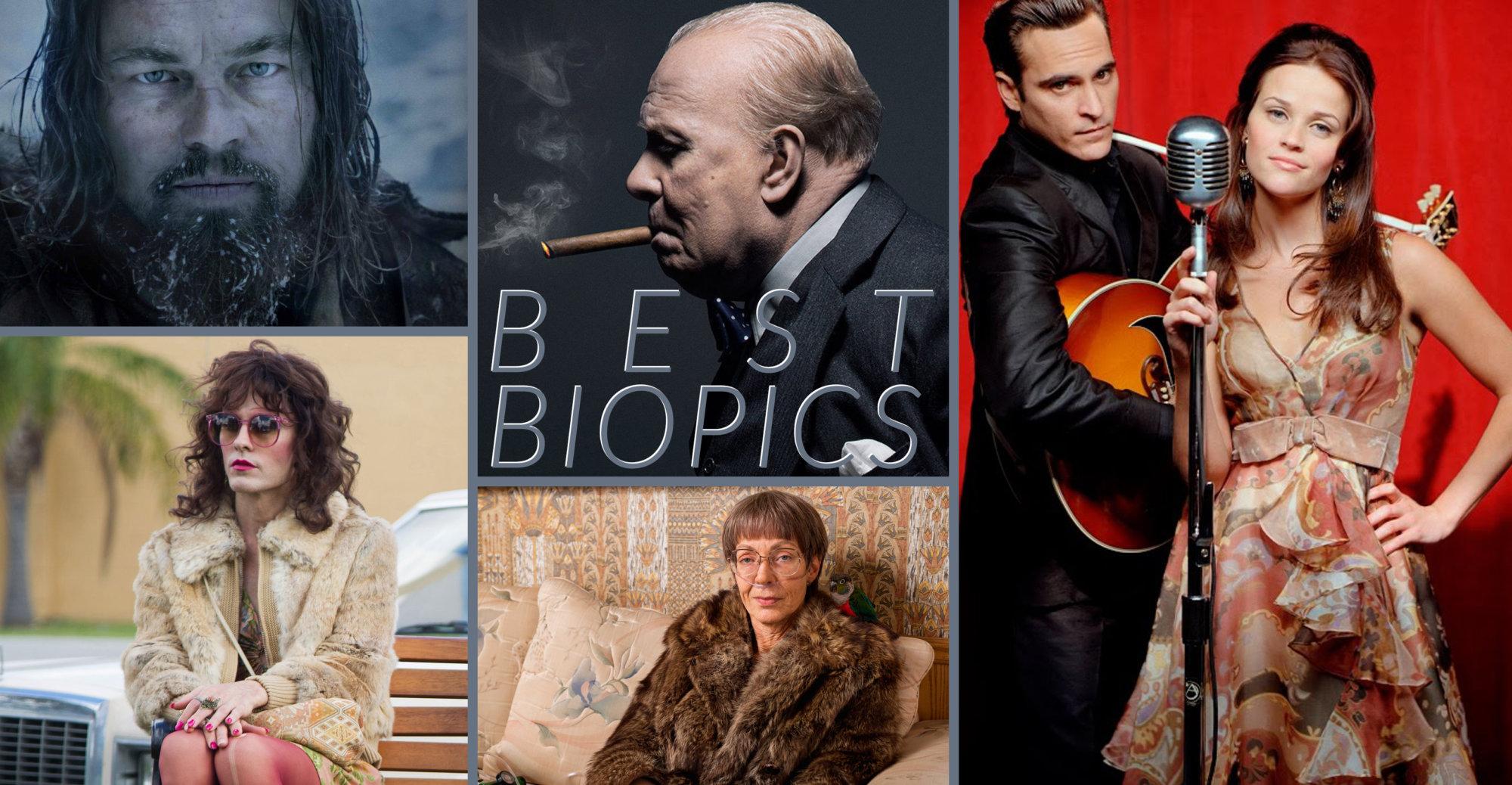
The Art of Storytelling: Enhancing Real-Life Narratives
In the realm of biopics, the balance between authenticity and artistic expression is a delicate dance. Storytelling is an art form that often requires embellishment to capture the emotional essence of a narrative, even when grounded in truth. Filmmakers may choose to take creative liberties to enhance the emotional depth and dramatic tension of a story. This approach can result in a more engaging experience for the audience, allowing them to connect on a deeper level with the characters and their journeys.
- Enhanced Emotional Connection: By weaving in fictional elements, filmmakers can highlight the emotional stakes of real-life events, making the story more relatable and impactful.
- Dramatic Tension: Creative liberties can introduce elements of suspense and conflict that might not have been present in the actual events, keeping audiences on the edge of their seats.
- Character Development: Real-life figures are often complex and multi-dimensional. Fictionalized elements can help flesh out these characters, offering a more comprehensive view of their motivations and struggles.
Ultimately, the art of storytelling in biopics is about finding a balance that respects the truth while also providing a captivating narrative. This fusion of fact and fiction can transform a simple recounting of events into a powerful, memorable cinematic experience.
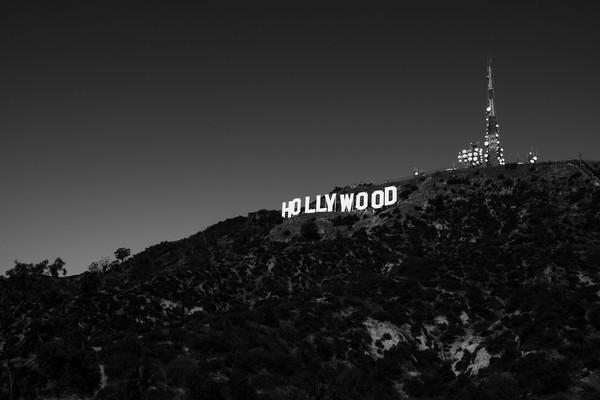
Navigating Ethical Concerns in Creative Adaptations
When transforming real-life stories into biopics, filmmakers often face a delicate balancing act between staying true to facts and crafting a compelling narrative. This journey through ethical concerns can be likened to walking a tightrope, where every step could sway public perception or alter historical memory. The primary question is how much creative liberty is too much, and whether bending the truth for dramatic effect is justified. Authenticity is essential, yet the film industry thrives on engagement and emotional resonance, sometimes necessitating deviations from reality.
Several factors come into play when considering ethical boundaries in adaptations:
- Intent: Is the purpose of the adaptation to educate, entertain, or inspire?
- Impact: How might these changes affect the people involved or their descendants?
- Consent: Were the subjects or their families consulted, and do they approve of the portrayal?
- Context: Does the adaptation provide viewers with enough context to distinguish between fact and fiction?
Ultimately, the ethics of creative liberties in biopics rest on the shoulders of filmmakers, who must weigh the importance of storytelling against the responsibility to honor the lives and events they depict.
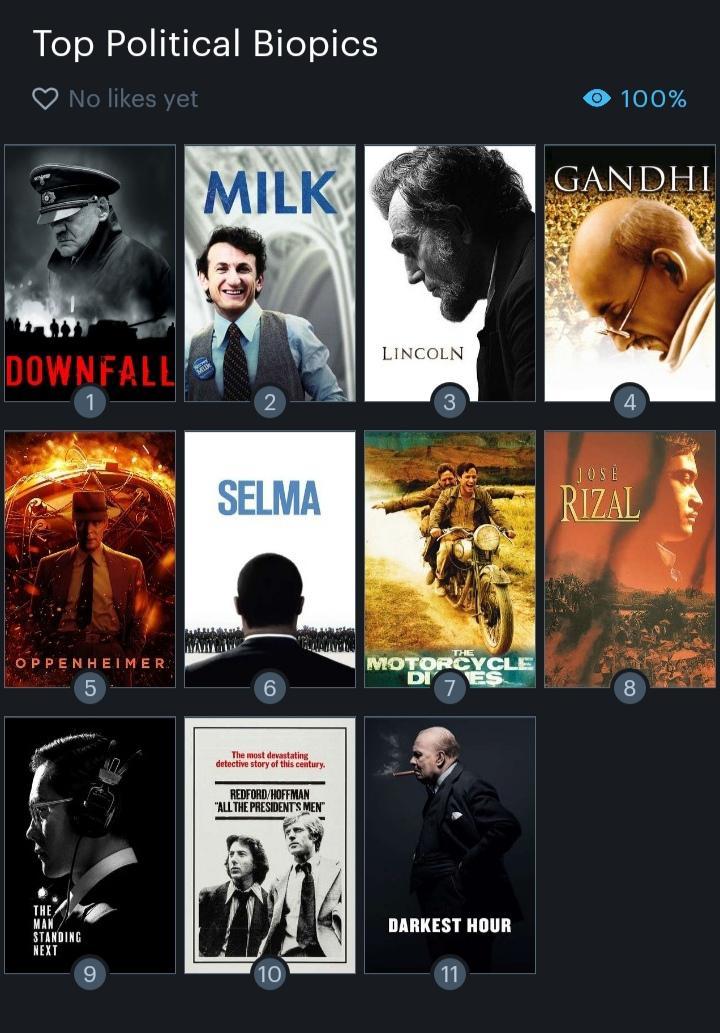
Crafting Compelling Biopics: Recommendations for Filmmakers
When crafting biopics, filmmakers often grapple with the delicate balance between historical accuracy and storytelling flair. A successful biopic should aim to capture the essence of its subject while maintaining audience engagement. Here are some recommendations for filmmakers to consider:
- Embrace Creative Interpretations: While factual accuracy is important, allowing room for creative interpretations can enhance narrative depth and emotional resonance. Consider blending documented events with imaginative scenarios to explore the subject’s inner world.
- Focus on Key Themes: Instead of attempting to cover an entire life story, hone in on pivotal moments or themes that define the subject’s legacy. This approach not only provides a more focused narrative but also allows for a deeper exploration of character motivations.
- Engage with Historical Consultants: Collaborating with historians or experts can provide valuable insights and ensure that creative liberties don’t stray too far from the essence of the real-life events.
- Prioritize Emotional Truths: Sometimes, emotional truths can be more impactful than strict adherence to facts. Craft scenes that resonate with audiences on an emotional level, even if it means taking some artistic license.
By thoughtfully balancing these elements, filmmakers can create biopics that not only inform but also inspire and captivate their audiences.

